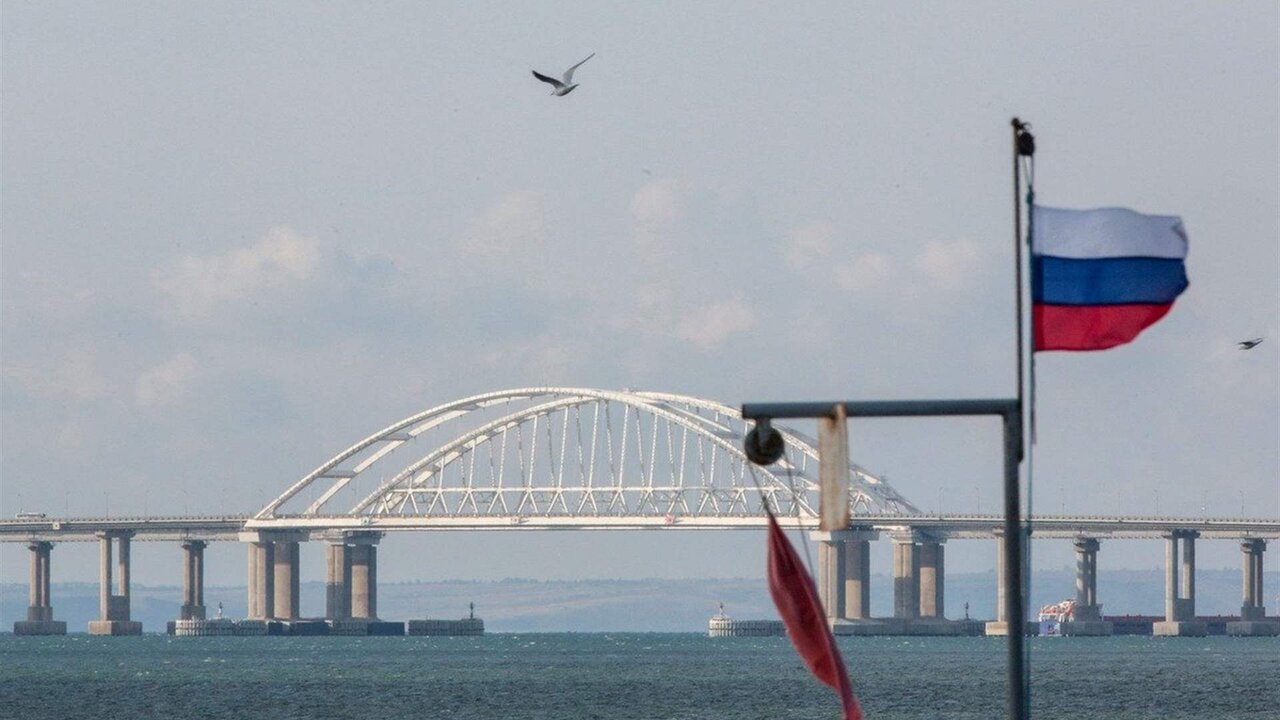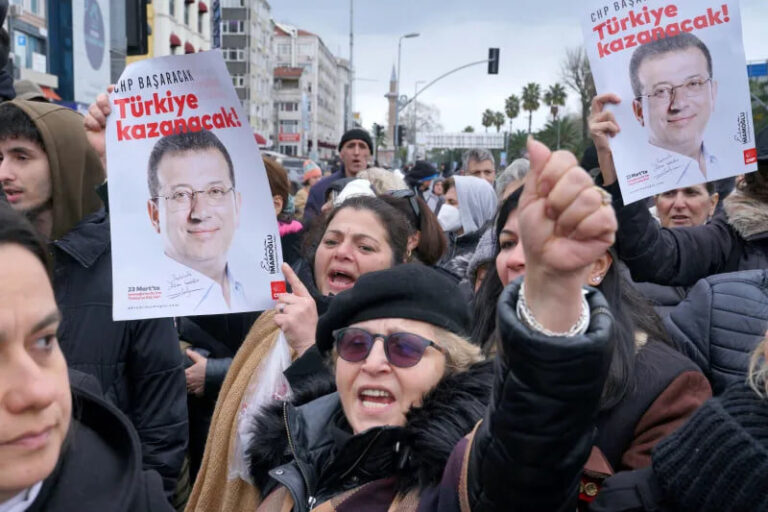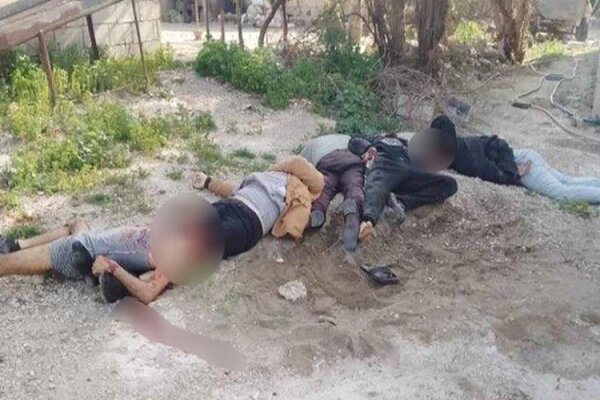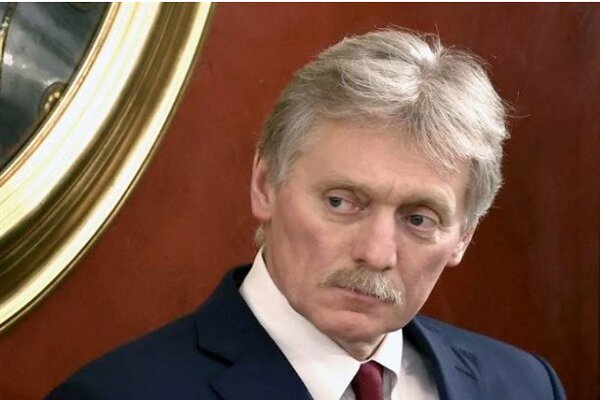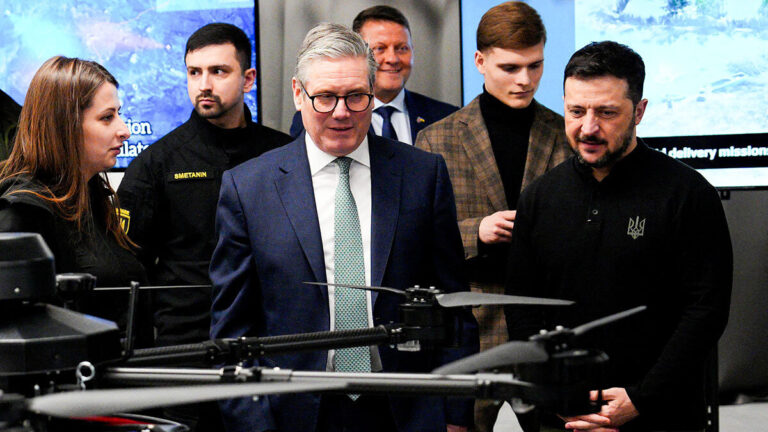US Signals Potential Shift: Recognizing Crimea as Russian in Ukraine Peace Agreement
The discussion surrounding the U.S. potentially recognizing Russian control of Crimea has intensified, raising critical questions about international relations and peace efforts in Eastern Europe. According to a report by Bloomberg, the U.S. is considering this significant concession as part of a larger peace agreement aimed at resolving the ongoing conflict between Moscow and Kyiv.
This development signals a strategic shift under President Donald Trump’s administration, highlighting an eagerness to establish a ceasefire deal. This inclination was echoed by Secretary of State Marco Rubio, who indicated that the administration might abandon its peace-brokering efforts unless substantial progress is made promptly.
Crimea, a region that was annexed by Russia in 2014 following a controversial invasion and a referendum conducted under occupation, remains a contentious issue. The international community has largely resisted recognizing Crimea as part of Russia, concerned that doing so would legitimize an illegal annexation and undermine important international laws and treaties that prohibit territorial acquisition through force.
Key points regarding the situation include:
- Historical Context: Crimea was seized by Russia after a military invasion in 2014, leading to a referendum that was widely deemed illegitimate by the international community.
- International Law: Recognizing Crimea as Russian territory could violate international agreements designed to maintain sovereignty and territorial integrity.
- Ukrainian Stance: Ukrainian President Volodymyr Zelenskiy has consistently stated that he will not relinquish any Ukrainian territory to Russia, emphasizing his commitment to national sovereignty.
- Putin’s Position: Russian President Vladimir Putin has long sought international acknowledgment of Russia’s claim over Crimea, viewing it as a critical component of his foreign policy agenda.
The potential recognition of Russian control over Crimea poses serious implications not only for Ukraine but also for the broader geopolitical landscape. This move could embolden Russia and set a concerning precedent in international relations. Many analysts warn that such a concession might lead to a reevaluation of existing boundaries and territorial claims around the world.
Amidst these developments, U.S. officials are weighing the ramifications of a peace agreement that includes this controversial recognition. The balance between facilitating peace and upholding international law remains delicate and complex. For Trump and his administration, the urgency to establish a ceasefire is palpable, yet the potential fallout from acknowledging Crimea as part of Russia could have long-lasting effects.
The situation has drawn varied responses from global leaders and organizations. Some advocate for a firm stance against Russian aggression, while others argue that engaging in dialogue and compromise is essential for stability in the region. This divergence of opinions underscores the challenges faced in achieving a comprehensive and lasting resolution to the conflict.
In summary, while the U.S. may be leaning towards recognizing Russian control of Crimea as part of a peace agreement with Ukraine, this decision carries significant risks. The potential for undermining international law, coupled with the strong opposition from Ukrainian leadership, presents a complex landscape for diplomatic negotiations. The world watches closely as the situation unfolds, aware that the choices made by leaders today will shape the future of international relations and security.
As discussions continue, it remains crucial for involved parties to consider not only the immediate benefits of a ceasefire but also the long-term consequences of any concessions made regarding Crimea. The balance between peace and legality will be a focal point in the upcoming negotiations, as global stability hangs in the balance.
